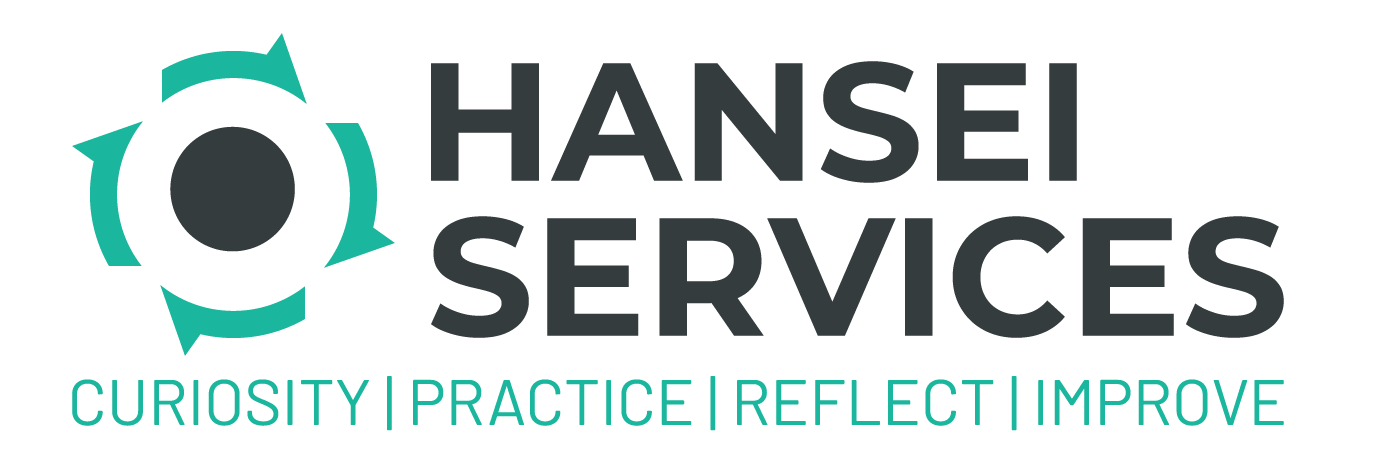Shigeo Shingo’s lifelong work on process improvement, mistake-proofing, and flow efficiency provides a powerful foundation for the mission of Hansei Services. Shingo taught that improvement begins at the process level, not through inspection or blame, but through deep understanding and reflection on how work is done — an idea that perfectly aligns with Hansei, the practice of reflective learning. His development of the Single-Minute Exchange of Die (SMED) system and the Poka-Yoke (error-proofing) concept embodies the belief that quality and speed are achieved when processes are thoughtfully designed to prevent problems before they occur.
At Hansei Services, we apply these principles to help organizations simplify changeovers, eliminate waste, and strengthen their culture of problem-solving. Just as Shingo emphasized that “improvement is endless” and that true productivity comes from learning through doing, our approach turns every production challenge into a structured learning opportunity. Shingo’s philosophy reinforces our core idea — that sustainable excellence emerges from teams who reflect, experiment, and continuously refine the system together. His work bridges perfectly with the Hansei ethos: progress through reflection, precision, and respect for people.
Shingo argues that zero defects are possible by source inspection and poke yoke systems which essentially help operations to identify and eliminate defects before they reach final product stage. As such, he argues that spc can actually be removed too. Self check and successive check systems are a strong approach for identifying abnormalities at each successive stage of the process. Self check is where the worker at the operation in question checks the quality as it is being made.
SHingo highlights 3 levels of inquiry for improvement work
- Basic concepts
- Systems to give shape to those concepts
- Techniques for implementing systems
Shingo suggests improvement can be leveraged by thinking about higher level systems that can be improved.
SHingo’s scientific thinking mechanism (STM) is based on the basic process of improvement of production based on observation, idea formulation, judgement, suggestion, and execution. Shingo suggests the first principle of improvement initiatives is that people need to avoid being satisfied with the status quo. The real problem is thinking there is no problem.
Hansei Services is founded on the principles taught by Shingo. Contact us to find out how we can help you today.





